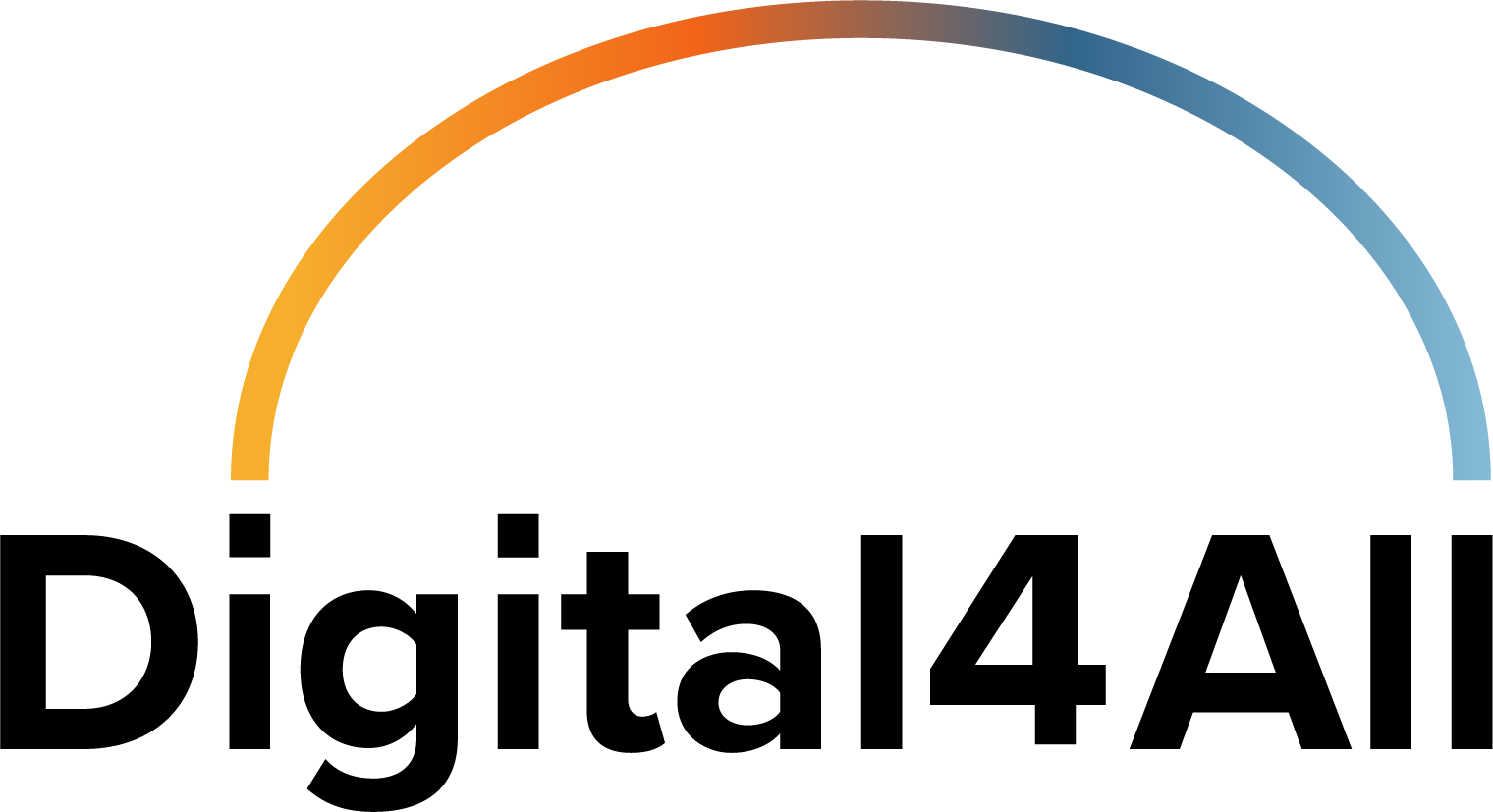This course explores the transformative role of Artificial Intelligence (AI) in modern education, focusing on its potential to create inclusive, efficient, and innovative learning environments. Designed for higher education (HE) teachers, staff, and researchers, the course delves into theoretical concepts, ethical considerations, and practical applications of AI in the learning process.
AI is reshaping education by personalizing learning experiences, automating routine administrative tasks, and enhancing accessibility for diverse learners. Participants will gain a deep understanding of how AI tools—such as adaptive learning systems, auto-grading platforms, and language translation services—can support teaching and learning. The course emphasizes the integration of AI in digitally inclusive education, ensuring that technology addresses the needs of learners from various backgrounds and abilities. In addition to its benefits, AI's ethical dimensions are critically examined, including issues of data privacy, algorithmic bias, and the risk of over-reliance on technology. The course provides participants with frameworks to ethically manage and evaluate AI tools in their educational practices.
The program is divided into three parts. The first part provides a theoretical foundation, introducing AI’s role in education, its capabilities, and its ethical implications. The second part combines theory with practice. In the third part, participants engage in asynchronous activities to reflect on their learning. This includes completing practical tasks such as applying an AI tool to a real-world teaching scenario, evaluating its outcomes, or answering targeted questionnaires. This final component fosters critical thinking and ensures participants can confidently trial and implement AI tools in their professional context.
By the end of the course, participants will be able to:
- Identify AI’s role in education.
- Address ethical challenges related to AI use.
- Use AI tools effectively to enhance teaching and learning processes.
This course equips educators with the knowledge and skills to adopt AI responsibly, fostering an inclusive and innovative educational experience.


 Funded by the European Union. Views and opinions expressed are however those of the author(s) only and do not necessarily reflect those of the European Union or the European Education and Culture Executive Agency (EACEA). Neither the European Union nor EACEA can be held responsible for them.
Funded by the European Union. Views and opinions expressed are however those of the author(s) only and do not necessarily reflect those of the European Union or the European Education and Culture Executive Agency (EACEA). Neither the European Union nor EACEA can be held responsible for them.


